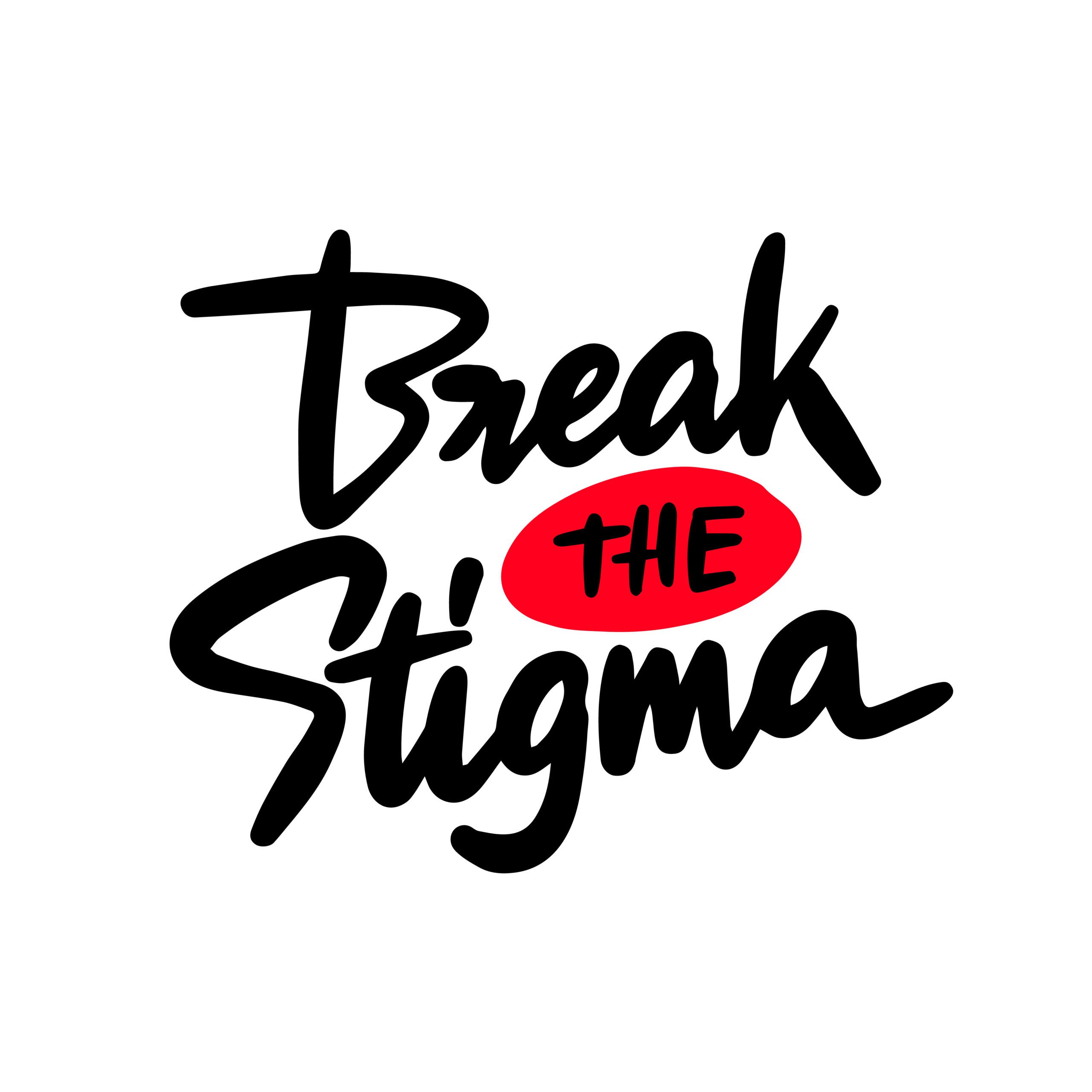Stigmas around mental health are common and very often debilitating. If you believe you are “weak” or “flawed” because you need help for mental health disorders, you have to apply that same logic to illnesses like heart disease, cancer, and diabetes. The fact is, mental health is just as important as physical health.
Unfortunately, misconceptions about mental health can make it difficult to reach out for guidance. If you’re struggling, know that there is help available to you right now from our team at Willow Creek. Our holistic approach to mental health can provide you with a better way forward.
Types of Stigmas Around Mental Health
Mental health stigma comes in many forms. Consider three common types of stigma and how they might impact you.
- Public stigma
This occurs when the surrounding culture or environment discriminates against or devalues a person with mental illness. This might result in hurtful stereotypes perpetuated in the culture that can influence how a person is treated by an employer, a teacher, a healthcare practitioner, a landlord, etc.
- Systemic stigma
Systemic stigma occurs on a legal and policy level. For example, certain policies or regulations in schools, hospitals, churches, or other institutions might make it difficult for a person with a mental health disorder to access the type of care and resources they need.
- Self stigma
Self stigma is an internalized, negative view of oneself. It creates a sense of shame in the way you feel about yourself and your mental health. It often impacts self-esteem and may lead to doubts about being able to recover.
Common Misconceptions and Stigmas Related to Mental Health
Numerous misconceptions exist about mental health, all of which can be limiting to quality of life and overall access to care. Consider a few as noted by the Substance Abuse and Mental Health Services Administration.
- People with mental health problems are violent
People with mental illness are very rarely violent. Just 3 to 5 percent of people suffering from any mental illness experience violent tendencies. In fact, people with mental health disorders are 10 times more likely to become victims of violent crimes themselves.
- Mental health disorders are a sign of personal weakness
Mental illness is like any other disease; it requires care. Mental health disorders do not develop because a person is lazy or unwilling to work on themselves. They do not happen because someone just wants to be treated differently. Rather, life experiences, family history, illness, hormonal imbalances, and other factors contribute to the development of mental illness.
- A person with a mental illness can’t work
Most mental illnesses are treatable, and you can live a long and healthy life with treatment. This means that you can get a job, complete your education, find people to share relationships with, and live the life you desire, even if you have a mental illness.
- Treatment is easy–you just have to take a pill
This stigma – that mental illness is easy to fix – is anything but accurate. Keep in mind that medications are available and beneficial to many people, but they aren’t magic, and there’s much more work that goes into the recovery process. Most people need both medication and therapy to find improvement.
- A person with mental illness should just snap out of it
It’s easy for someone who isn’t experiencing the debilitation of mental illness to say someone should just “shake it off” or “snap out of it.” However, mental health conditions are more complex and require professional therapy and support at all levels.
How to Promote Understanding and Empathy in Your Life
Mental illness is a lifelong challenge for a large portion of the population. There are several ways you can support others and encourage the elimination of these painful and debilitating stigmas:
- Listen to people in a nonjudgmental way. Don’t apply judgment based on your own beliefs or make assumptions about how someone thinks and feels. Instead, listen.
- Concentrate on the person’s needs. When someone is suffering due to mental illness, they need to feel supported. This might mean listening to and talking with them–without telling them what to do or trying to “fix” them.
- Validate their feelings. Encourage others to do the same. If a person is struggling and expresses emotions, validate them: “It’s okay to feel this way.” Remember, expressing emotions is normal and expected.
- Advocate for mental health awareness in your community. Find ways to bring awareness of mental illness into your daily life. Be an advocate for people who are suffering without access to care.
- Lead by example. Make sure you’re teaching your family and friends the importance of mental health by getting the therapy and support you need, too.
When You Need Help, We Are Here for You
Mental illness will impact the lives of most people at some point in time. At Willow Creek Behavioral Health, we create solutions by providing our clients with access to a wide range of support and guidance. Contact us now for a no-cost confidential assessment.







